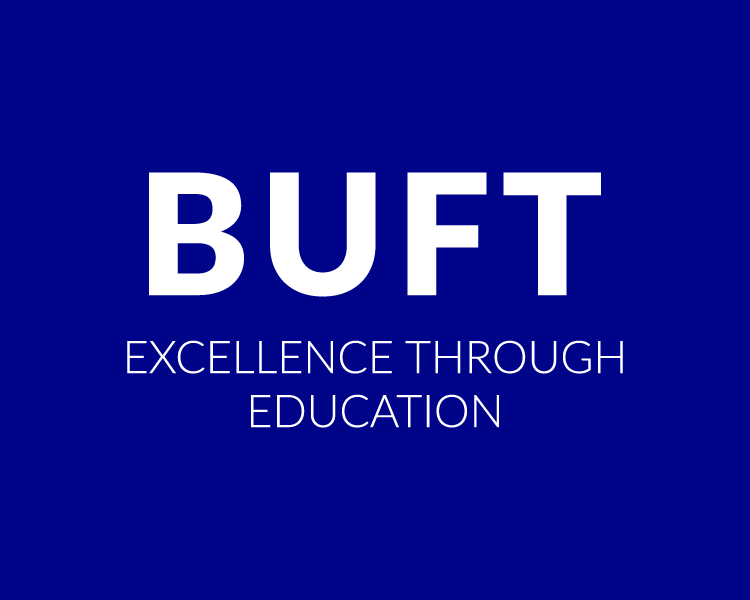The Acceptance of Mobile Applications for Government Services (MG- App): A Study From Users’ Perspective
Monisha Akter Meem, Dr. Abul KhayerUniversity of Dhaka
Email: akhayer@du.ac.bd
Download pdf
Abstract
Purpose: The objective of this study is to identify and
analyze various factors that influence users' acceptance of mobile government
applications (mG-Apps).
Methodology: This study has constructed a research model grounded on
the Unified Theory of Acceptance and Use of Technology (UTAUT). Further,
information quality and trust, two vital constructs, have been added to the
UTAUT to enhance the predictability of the model. Data collected from a sample
size of 212 from Bangladesh has been used to test the model.
Findings: We have employed the popular structural equation
modeling (SEM) to assess the data. Our results suggest that the significant
elements impacting users' acceptance of mG-Apps are performance expectancy,
effort expectancy, facilitating conditions, information quality and trust. In
contrast, social influence is identified as an insignificant predictor.
Practical Implications: This research
will assist different government agencies, policymakers, and practitioners in
the creation of timely and effective policies to develop and promote myriad
mG-Apps to render services to the citizens.
Originality/Value: This research has offered an innovative framework to
assess the acceptance of mG-apps by the citizens. This unique model has been
constructed by expanding UTAUT with two key contextual constructs such as
information quality and trust. We believe, this study will contribute to the
extant body of theory surrounding the use of mobile government, e-government,
and mobile applications development.
Limitations: This study only looks at the opinions of people in Bangladesh, hence the researchers recommend that the proposed study model should be validated by using data collected from other similar countries.
